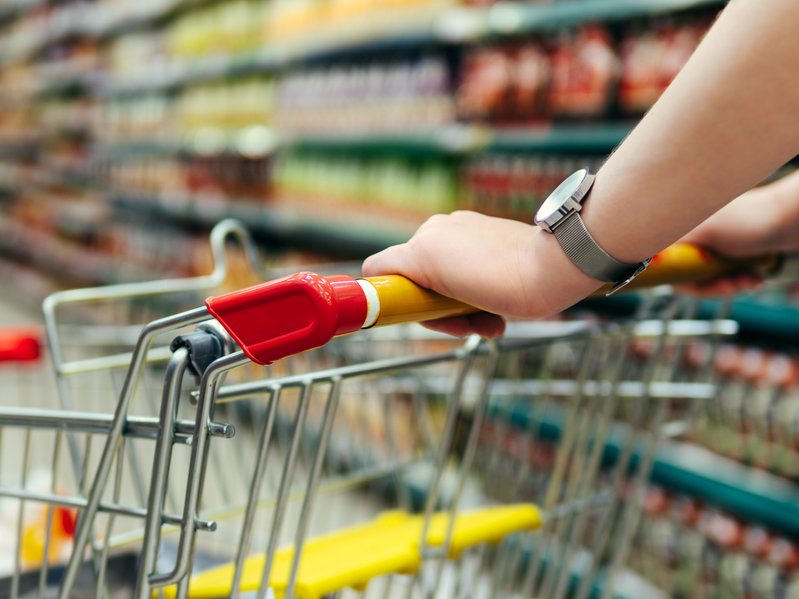UK inflation hits 30-year high as food prices increase

UK inflation rose to the highest level for three decades in January, with the price of everyday food continuing to increase.
The Office for National Statistics (ONS) said consumer prices index (CPI) inflation reached 5.5% in January, up from 5.4% in December.
This was the highest rate since March 1992, when the CPI stood at 7.1%.
Food and non-alcoholic drink prices rose by 4.3% in January, the largest in nearly 10 years.
All food and drink categories are more expensive than a year ago: prices of oils and fats are 15.9% higher, of fruit by 6.9%, and of coffee, tea and cocoa by 4.9%.
The Food and Drink Federation (FDF) said the continuing rise in the price of everyday food and drink was 'worrying', particularly for lower income households.
The body's chief executive, Karen Betts said: "Food and drink manufacturers are working hard to keep prices down.
"But [they] are being hit hard by rising energy, ingredient and logistics costs, which for the moment show no signs of abating, alongside dealing with acute labour shortages."
She said it was 'increasingly difficult' for companies - large and small - to remain competitive and upcoming regulation was 'compounding the situation'.
"This puts a premium on good collaboration between government and industry to guarantee that planned regulation is successful and does not place unnecessary burdens on businesses at an already challenging time.”
In the FDF’s Food Prices Report published in July 2021, it was predicted that additional costs to industry from UK government regulation will lead to an annual increase of food and drink shopping per household of £160.
The trade body warned that increase would prove even higher at current inflation rates.








